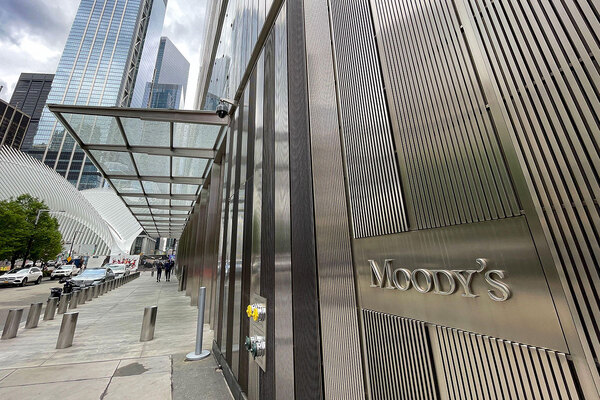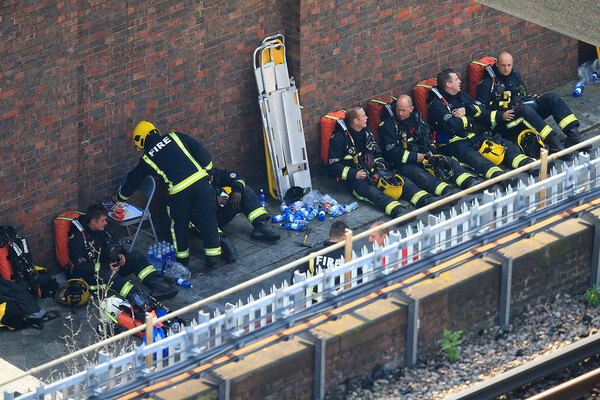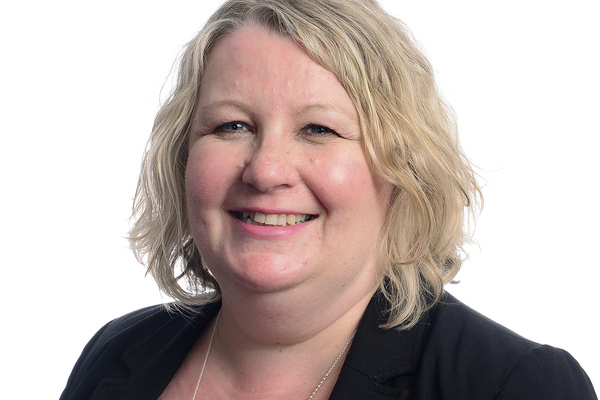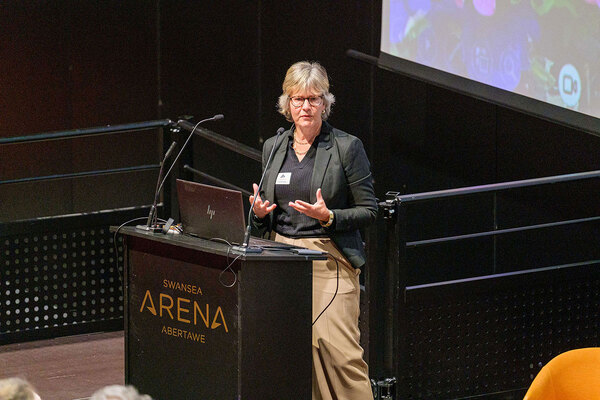You are viewing 1 of your 1 free articles
Merging landlords urged to prioritise complaint-handling following new ombudsman probe
Landlords involved in mergers are being urged to learn from an investigation into GreenSquareAccord (GSA) which found its formation had a “significant impact” on its complaint-handling.

In a new report, the Housing Ombudsman concluded that GSA could have done more before its merger to ensure its complaint-handling was “robust”.
The report said: “It would have helped recover service failures during the stress and strain of transition and a more positive experience for residents at the start of a new relationship.”
An investigation by the ombudsman found that GSA, which was formed in 2021, had a 93% maladministration rate for complaint-handling in the cases reviewed. This was against a national average of 76%.
The 25,000-home landlord also had a maladministration rate of 79% for property condition, compared with a national average of 54%.
Among 30 cases monitored by the ombudsman, it ordered GSA to apologise to 21 residents and pay nearly £37,000 in compensation.
Richard Blakeway, the housing ombudsman, said: “The landlord’s merger was a significant factor in the deficiencies handling complaints, which the landlord has been open about, and it is clear more could have been done to prevent residents having this experience.”
He added: “The sector continues to consolidate at pace and therefore landlords doing so must learn from the experience of this landlord and prioritise complaint-handling.”
The ombudsman has been upping its focus on how landlords handle residents’ complaints. In July, it called on providers to adopt a more “ethical approach” after a record number of failures were identified.
The watchdog’s investigation into GSA also found a disparity between the landlord’s own figures on residents’ satisfaction with repairs and the new official tenant satisfaction measures (TSMs), collected by the English regulator.
Ruth Cooke, chief executive of GSA, has set out in a comment piece for Inside Housing why landlords must investigate complaints quickly, address the situation and identify what can be done to prevent it from happening again.
She wrote: “While it’s easy to see a failure as an isolated case, complaints actually offer a much more fundamental test – they hold a mirror up to our organisations.”
GSA’s own figures showed a repairs’ satisfaction rate of 88% over the past few years, but its TSMs showed the figure at 51.8%, according to the ombudsman. It is the first time the watchdog has looked at the difference as part of a special investigation.
The ombudsman has been helping GSA tackle the issues and pointed out that the landlord has not had any severe maladministration findings since August last year.
Despite this, the ombudsman said GSA must take “further steps” to ensure the changes it has made are effective as there are still “critical areas of concern”.
The ombudsman made recommendations to GSA on complaint-handling; compensation; policies, procedures and governance; and repairs.
In a statement, GSA said: “We recognise and accept the findings of this report and will fully comply with its recommendations.”
The landlord said “getting things right” for its tenants is its “top priority”.
It added: “Many of the cases included in this investigation were more than two years old and many reflected the ongoing challenges we faced following our merger in April 2021, when we were prioritising improvements to building safety and bringing together our operational services.
“However, we accept the finding that we could, and should, have made some of these changes more quickly.”
GSA currently has a G1/V2 rating for governance and financial viability with the regulator.
In 2021, the association was found to breach the Home Standard after after hundreds of its homes were found not to have a current fire risk assessment and more than 10,000 had not had an electrical inspection. It led to GSA being downgraded for governance to G2.
GSA then returned to a G1 rating in November 2023.
Sign up for our regulation and legal newsletter
Already have an account? Click here to manage your newsletters











